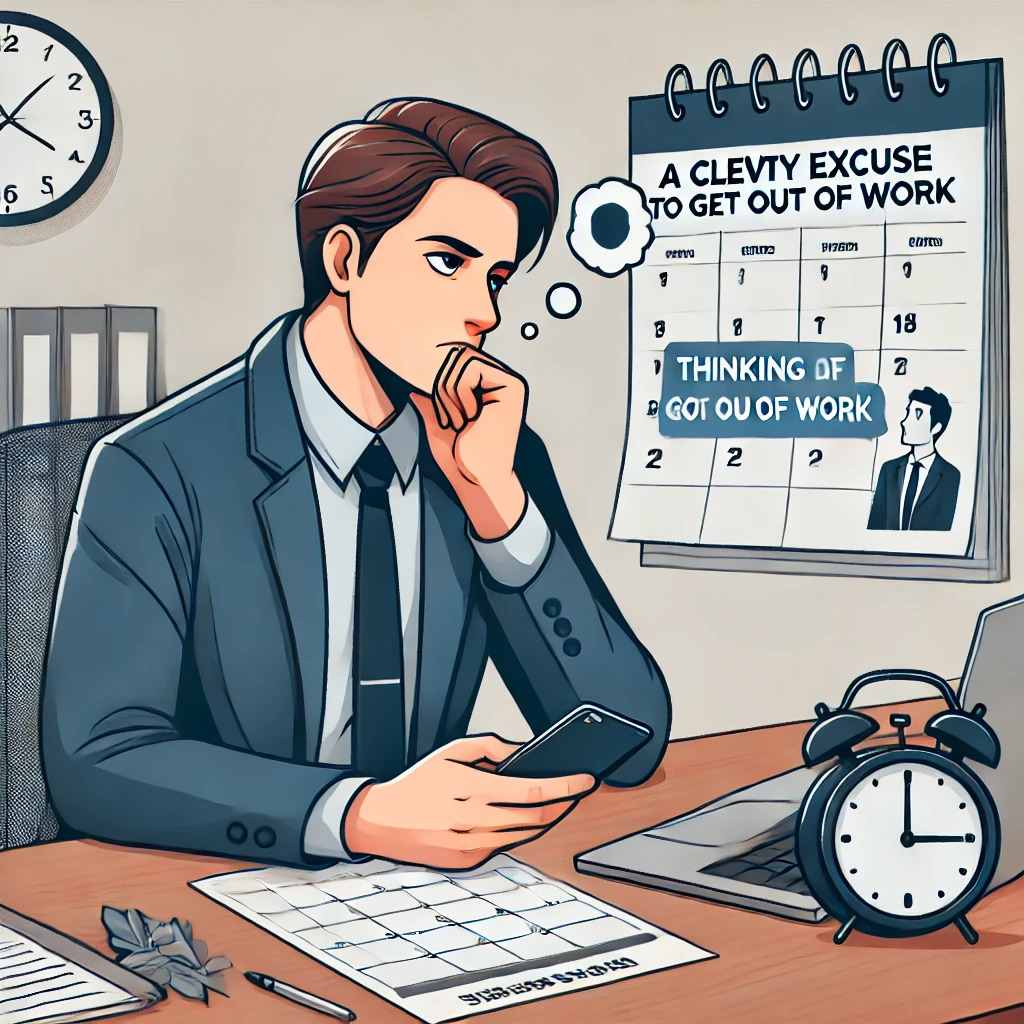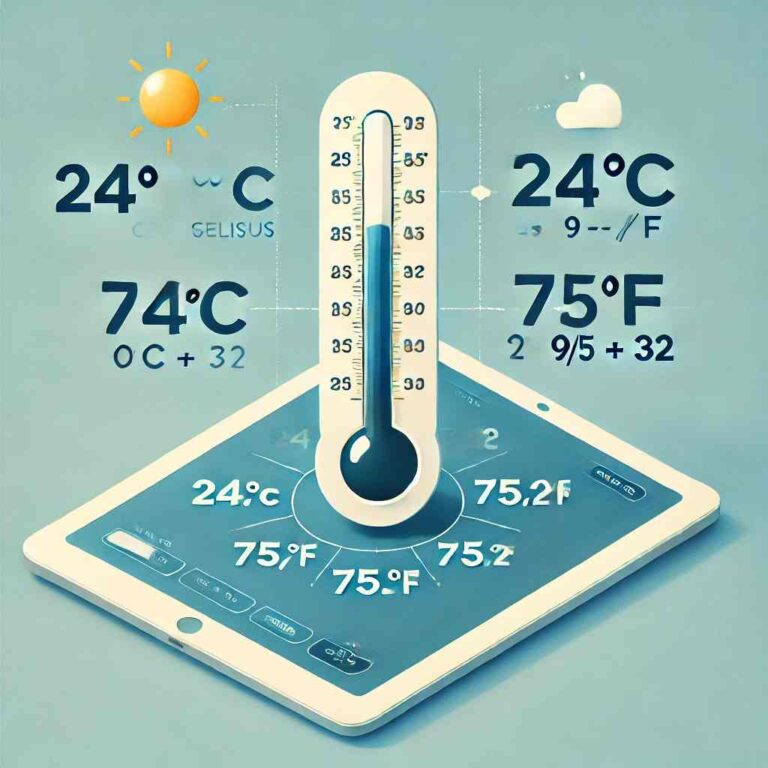
This is one of the most commonly used excuses. Bulletproof Excuses to Get Out of Work. Everyone gets sick at some point. However, many Americans still choose to go to work or school despite not feeling well, often pushing through illness.
I once used a family emergency as a bulletproof excuse to skip work when I just needed a break. It worked so well that my boss didn’t ask any questions, but I felt guilty afterward!
What Makes an Excuse “Bulletproof”?
A bulletproof excuse is one that is believable, hard to question, and leaves no room for doubt. It should be realistic and something people commonly experience, like illness or a family emergency. A strong excuse avoids unnecessary details that might raise suspicion.
It should also align with workplace policies and not contradict previous statements. Timing matters—giving the excuse at the right moment makes it more convincing. The best excuses are those that sound natural and relatable to avoid suspicion.
Best Bulletproof Excuses to Get Out of Work:
1. Severe Migraine or Food Poisoning:
These conditions come on suddenly and make it impossible to work. Employers rarely question them since they are common and unpredictable. Saying you feel dizzy, nauseous, or have blurred vision makes it more believable.
2. Unexpected Home Repair:
A burst pipe, broken heater, or electrical failure requires immediate attention. You can say a technician is coming and you need to be home. Home-related issues are hard to argue against, especially in extreme weather.
3. Bank or Legal Obligation:
Some banking or legal matters require in-person attendance. A loan signing, court date, or lease agreement can be a solid excuse. Saying it’s a time-sensitive issue prevents follow-up questions.
4. Allergic Reaction or Skin Condition:
Sudden rashes, swelling, or allergies can make it uncomfortable to work. Employers understand that reactions can be unpredictable and require medication. Mentioning a need for antihistamines or a doctor’s visit makes it sound real.
5. Severe Back or Muscle Pain:
Strained muscles or back pain can make sitting or standing difficult. Saying you pulled a muscle while lifting something sounds natural. Pain-related excuses are hard to prove, making them effective.
6. Family Member Needs Assistance:
A relative needing urgent help is a believable excuse. This could be an elderly parent, a sick spouse, or a sibling in distress. Keeping details vague, like saying it’s an emergency, avoids suspicion.
How to Deliver Your Excuse Properly?
To give your excuse properly, keep it short and simple. Don’t add too many details, or it might seem fake. Saying “I’m not feeling well today” is usually enough. Try to tell your boss as early as possible so it sounds more real. If you wait too long, it may look suspicious.
Speak in a way that matches your excuse. If you say you’re sick, you sound tired. If it’s a family emergency, it sounds serious. Don’t explain too much—just say what’s needed. If you’re asked questions, give short answers like “I’ll check in tomorrow” so you don’t have to lie too much.
What Not to Do When Giving an Excuse?
1. Don’t Use an Excuse That Can Be Easily Verified:
Avoid excuses that your boss can quickly check, like a fake doctor’s appointment. If your job requires proof, they may ask for a doctor’s note or confirmation. Saying something vague like “I have a personal matter to handle” is safer. If caught lying, you could lose trust or even face workplace consequences.
2. Don’t Make Your Excuse Too Complicated:
The more details you add, the more suspicious your excuse may sound. A simple reason like “I’m feeling sick” is easier to stick with. Complicated excuses require you to remember too many unnecessary details. If your story keeps changing, your boss will likely doubt your honesty.
3. Don’t Change Your Story Later:
Be consistent with what you say if anyone asks about your absence later. If you claim to be sick, don’t post about having fun on social media. Keep your story the same when talking to coworkers or managers. Inconsistencies make it easy for others to catch you in a lie.
4. Don’t Show Up Looking Perfect the Next Day:
If you said you were sick, don’t return looking completely healthy. Mention feeling a little weak or recovering to make it more believable. Sudden recovery from a “bad flu” can make your excuse seem fake. A slight cough or tired look helps maintain the story you used.
Good Excuses To Call Off Work Last Minute Text:
Hey [Boss’s Name], I apologize for the late notice, but I have a sudden family emergency that I need to take care of today. I won’t be able to make it to work, but I’ll update you as soon as possible. Thanks for your understanding. Let me know if you need anything.
I’ll make sure to catch up on any missed tasks once I’m back. Please let me know if you need any arrangements from my end. I appreciate your support during this unexpected situation.
What Is A Believable Excuse To Miss Work?
1. Sudden Illness:
Saying you have food poisoning, a fever, or the flu is hard to question. It’s a common excuse that doesn’t require a doctor’s note for a short absence. You can mention needing rest and checking in the next day if you feel better.
2. Family Emergency:
An unexpected issue with a child, spouse, or elderly parent is understandable. You don’t need to give too many details, just say you need to handle it urgently. Employers usually respect personal emergencies and allow time off.
3. Car Trouble:
A flat tire, dead battery, or sudden breakdown can prevent you from commuting. Mention needing time to call a mechanic or arrange alternative transportation. Car issues are believable because they can happen unexpectedly.
4. Doctor’s Appointment:
A pre-scheduled or last-minute urgent medical visit is a valid excuse. You can say the appointment was unavoidable and you’ll update them later. If asked for proof, say it was a routine checkup or personal health matter.
5. Mental Health Day:
Workplaces are increasingly accepting personal days for mental well-being. You can say you’re feeling overwhelmed and need a day to reset. Keeping it simple, like “I need a personal health day,” is enough.
Frequently Asked Questions:
What is the best last-minute excuse to call out of work?
A sudden illness like food poisoning or a severe migraine works well because they are unexpected and don’t require long-term medical proof.
How can I call out of work without feeling guilty?
Taking a break when necessary is essential for your health. Keep your excuse short and professional, and don’t overthink it. A simple and honest reason is often enough to get the time off you need.
Can I take a mental health day without telling my boss?
Yes! You can say you’re feeling unwell or need a personal day without going into details. Keeping it simple makes it more believable and avoids unnecessary questions.
How do I make my excuse sound believable?
- Keep it simple
- Use a calm and serious tone
- Inform your employer early
Can I use the same excuse multiple times?
No, repeating the same excuse can make it less believable. Try to mix different excuses when necessary. Using a variety of reasons helps avoid suspicion and keeps your excuses effective.
Conclusion:
Having good excuses to miss work can help you take a break without stress. The key is to pick a simple and believable reason that won’t cause suspicion. Make sure to communicate it properly and not overuse it. Taking time off is important, so don’t feel bad about it.
Maraca Camera – Revolutionizing Photography with Innovation!
Tamilrockers Proxy – The Complete Guide for Safe and Legal Access!






